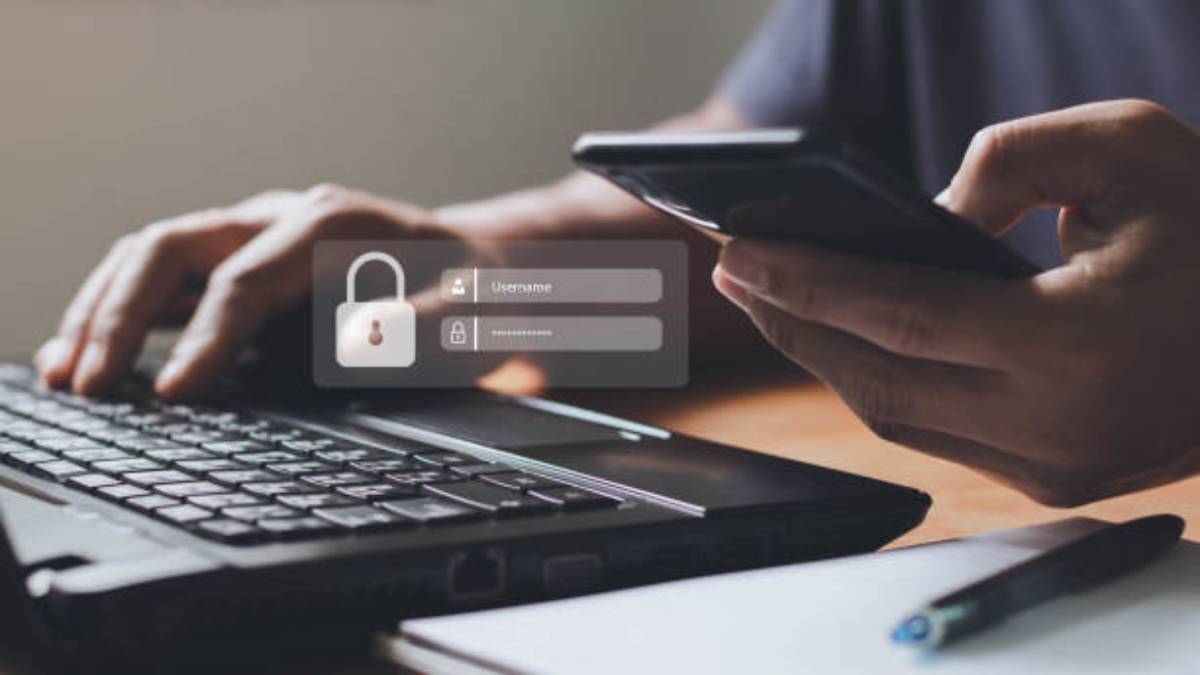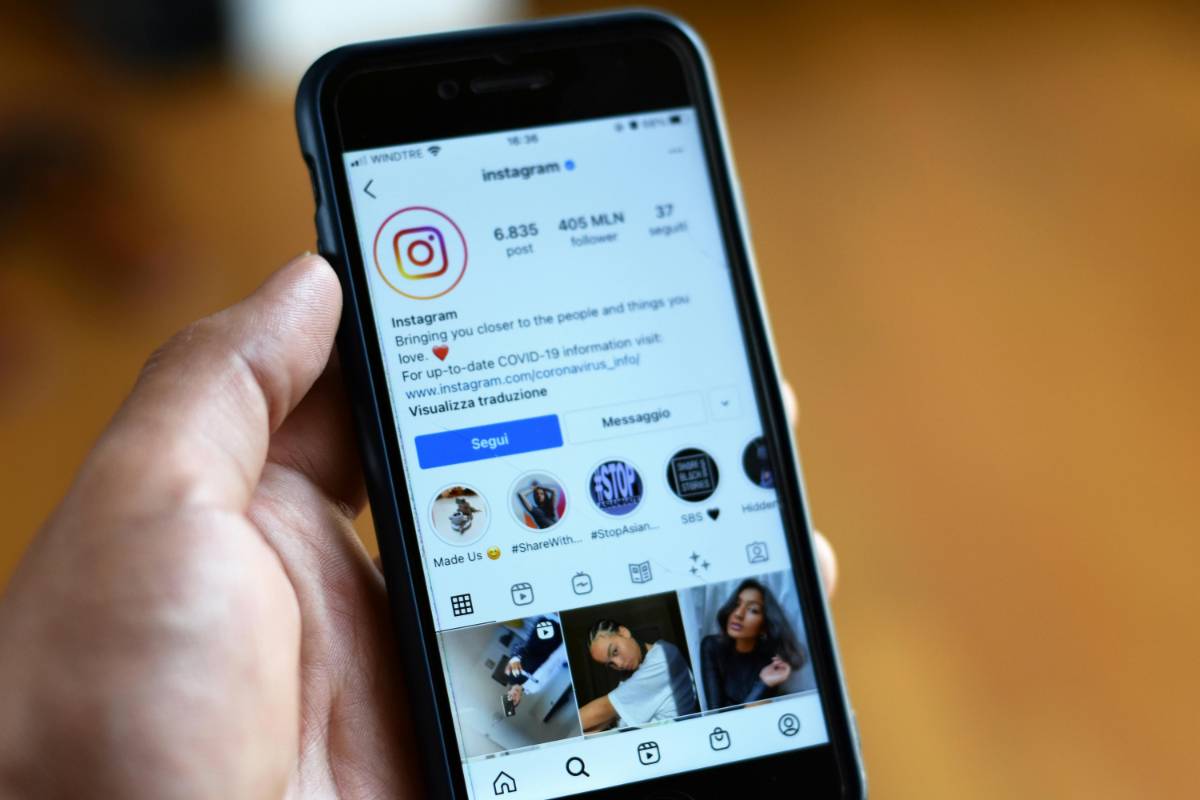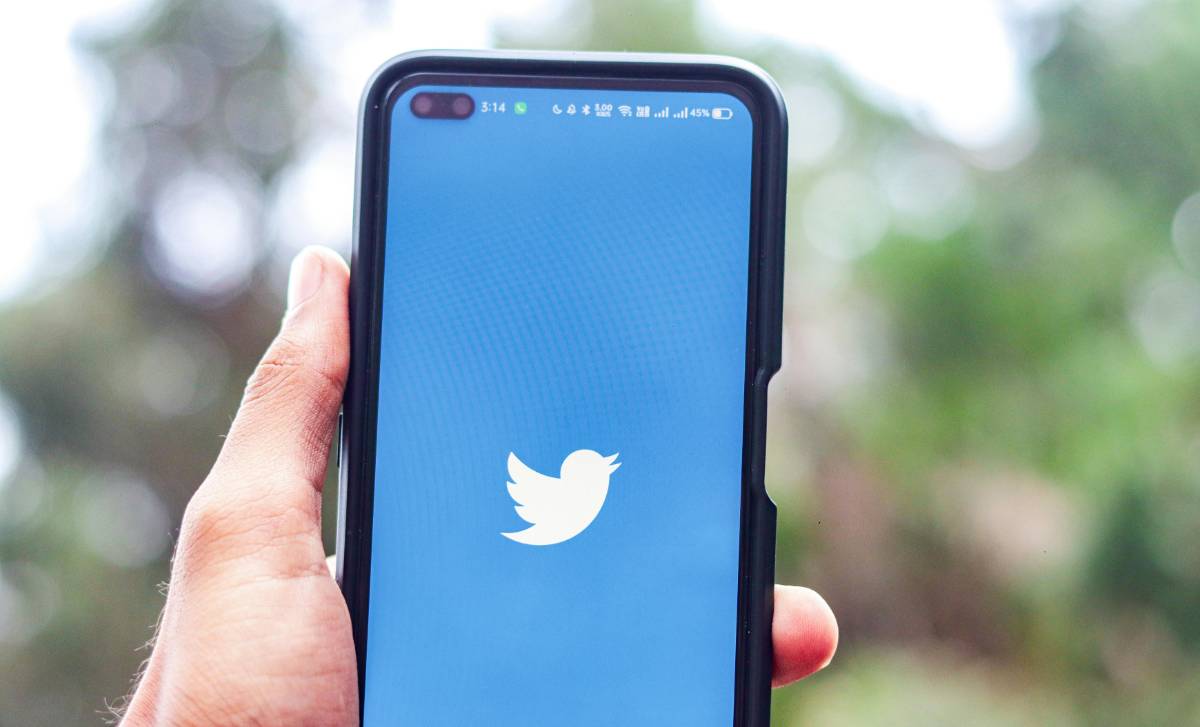How to Protect Your Privacy on Social Media
31 Aug 2025
Read Time: 4 min read

In today's digital age, social media has become an essential part of our lives, but it also poses significant privacy risks. From sharing personal details to unknowingly giving away too much information, it's easy to compromise your privacy online. This article explores how you can protect your privacy while staying active on social media.
 Adjust Privacy Settings
Adjust Privacy SettingsThe first step in protecting your privacy on social media is to adjust your privacy settings. Most social media platforms offer a range of settings that allow you to control who can see your posts, who can contact you, and who can access your personal information. Take the time to review these settings and customize them according to your preferences.
For example, on platforms like Facebook and Instagram, you can limit your audience to friends only, restrict who can comment on your posts, and control who can see your profile information. On Twitter, you can make your account private to ensure that only approved followers can see your tweets.
Be Cautious About Sharing Personal InformationWhile it may be tempting to share every detail of your life on social media, doing so can put your privacy at risk. Avoid sharing sensitive information such as your home address, phone number, or financial details. Even seemingly innocent details, like your birthday or your children's names, can be used by hackers to steal your identity or access your accounts.
It's also important to be mindful of what you share in photos or videos. Locations, personal belongings, and even the background of your photos can reveal more than you realize. Consider the information that might be hidden in your posts, and take steps to protect it.

Another key step in protecting your privacy on social media is using strong, unique passwords for each platform. Avoid using the same password for multiple accounts, and ensure that your passwords are complex—ideally, a combination of letters, numbers, and symbols.
Consider using a password manager to store your passwords securely. Many password managers can also generate strong passwords for you, reducing the chances of your accounts being hacked due to weak or reused passwords.
💡 Discover More from Social-Media
Two-factor authentication (2FA) adds an extra layer of security to your social media accounts. When 2FA is enabled, you'll need to provide a second form of verification (usually a code sent to your phone or email) in addition to your password. This makes it much harder for hackers to access your accounts, even if they know your password.
Many social media platforms, including Facebook, Twitter, and Instagram, offer 2FA as an option. Make sure to enable this feature on all of your accounts for added security.
Be Mindful of Third-Party Apps and PermissionsSocial media platforms often allow third-party apps to access your account information for various purposes, such as integrating with other services or providing additional features. However, some of these apps may request more information than necessary or use your data in ways you don't intend.
Review the apps connected to your social media accounts regularly, and remove any that you no longer use or trust. Be cautious when granting permissions to new apps, and always read the terms and conditions before allowing access to your account.
ConclusionProtecting your privacy on social media is essential in the digital age. By adjusting your privacy settings, being mindful of what you share, using strong passwords, enabling two-factor authentication, and reviewing third-party apps, you can significantly reduce the risk of compromising your personal information. Stay vigilant and proactive about your online privacy to enjoy a safer social media experience.
Stay Informed
Get the latest and most accurate news delivered straight to your inbox. Subscribe now and never miss an update.

Rahul Sharma
An insightful voice in the industry, crafting content that informs, inspires, and connects with readers.
View all articles →















